Please note: As we continue to learn more about COVID-19, the information in this article may change. You can find our most up-to-date information about coronavirus here.
We understand that these have been really challenging times for families and that it has been very hard for people to remain physically distanced from their loved ones during the pandemic. Many people are starting to question when it may be okay to have grandparents visit their grandchildren or to travel themselves to visit family members. While social distancing and isolation are crucial to controlling the spread of the coronavirus (COVID-19), we recognize that mental health and family relationships are also critical during this strange “new normal.”
Evaluate your risk factors and risk tolerance
There is no single answer, but here are some things to consider when evaluating your family’s risk factors and risk tolerance. Do the grandparents have high risk medical conditions? In general, the risk of getting very sick due to COVID-19 is higher in older people, but medical conditions such as lung disease, heart problems and diabetes can place people at higher risk for a more serious infection. Consider how well each family member has been socially distancing – have any family members still been working outside the home on a regular basis? Some jobs may be riskier than others (for example, healthcare and grocery store workers) due to how much contact they have with other (potentially sick) people.
If you do visit, reduce the risk
If you decide to visit with grandparents, some options for reducing risk of the visit could be:
- Spend the visit outdoors (studies show that transmission of COVID-19 is significantly decreased outdoors compared to a closed indoor space).
- Do not share utensils or a family style meal together.
- Consider driving instead of flying and minimizing public rest-stops.
- Consider traveling to the grandparents instead of grandparents traveling to you if air travel is required for the visit.
- If possible, both the grandparents and the visiting family should be diligent about socially distancing for two weeks prior to the visit to reduce the risk of any member of the group acquiring and even unknowingly spreading COVID-19 infection.
- Consider meeting somewhere geographically neutral if family members live in a high COVID-19 prevalence area.
- Consider pre-visit testing if this is available in your area. The nasal PCR test can accurately identify active COVID-19 infection; but, so far, none of the antibody tests can reliably determine immunity or confirm past infection.
As we continue to learn more about this new virus, please note that the above guidance may change. Lastly, remember that frequent hand washing, wearing a mask while in public, avoiding touching your face, social distancing and sanitizing high-touch surfaces remain critical to controlling viral spread.
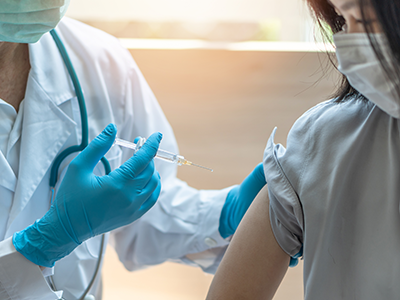 https://riseandshine.childrensnational.org/wp-content/uploads/2020/11/person-being-vaccinated-feature.png
300
400
Rise and Shine
https://riseandshine.childrensnational.org/wp-content/uploads/2017/11/childrens_riseandshine_logo.jpg
Rise and Shine2025-11-03 07:00:242025-11-03 12:18:05Answers to your questions about the COVID-19 vaccine and booster for children
https://riseandshine.childrensnational.org/wp-content/uploads/2020/11/person-being-vaccinated-feature.png
300
400
Rise and Shine
https://riseandshine.childrensnational.org/wp-content/uploads/2017/11/childrens_riseandshine_logo.jpg
Rise and Shine2025-11-03 07:00:242025-11-03 12:18:05Answers to your questions about the COVID-19 vaccine and booster for children


 Kristen Reese, MD, was a pediatrician at Children’s National Pediatricians & Associates Foggy Bottom and Capitol Hill. She has a special interest in infant care, obesity and resident education.
Kristen Reese, MD, was a pediatrician at Children’s National Pediatricians & Associates Foggy Bottom and Capitol Hill. She has a special interest in infant care, obesity and resident education.


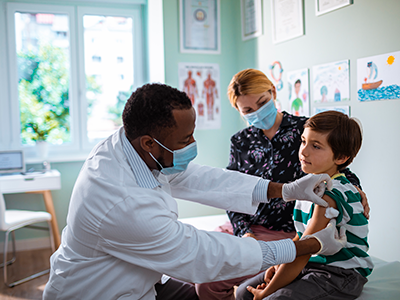
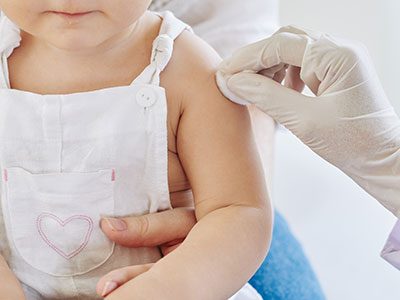
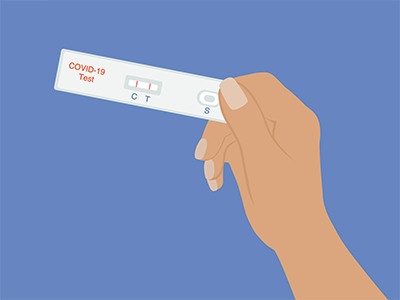
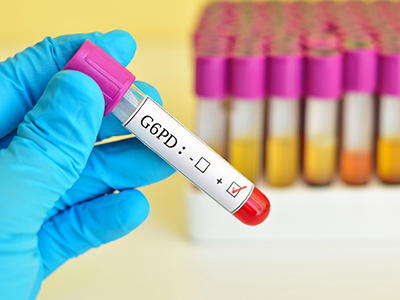

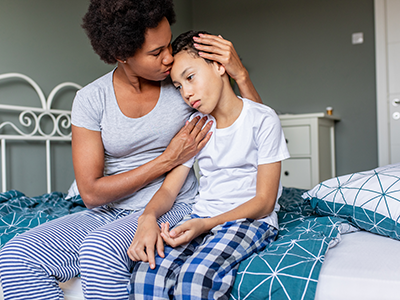
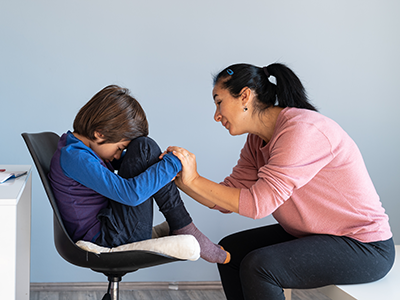
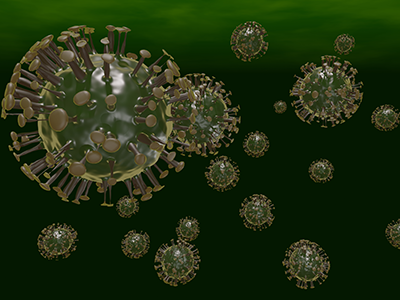

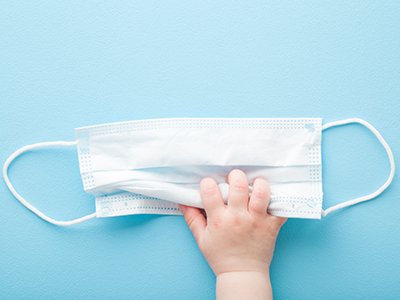

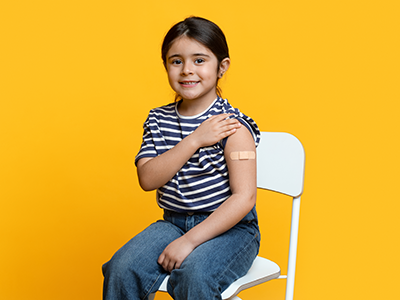

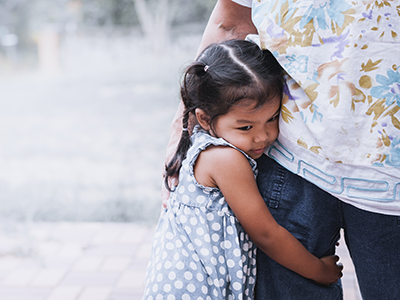

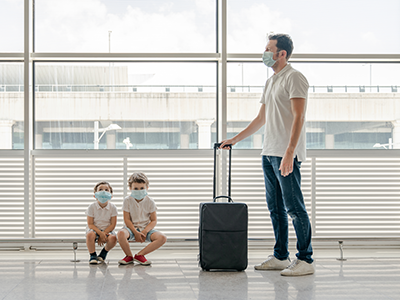
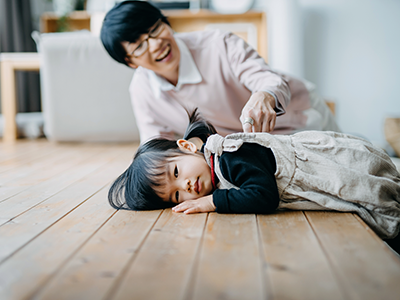
Leave a Comment
Want to join the discussion?Feel free to contribute!